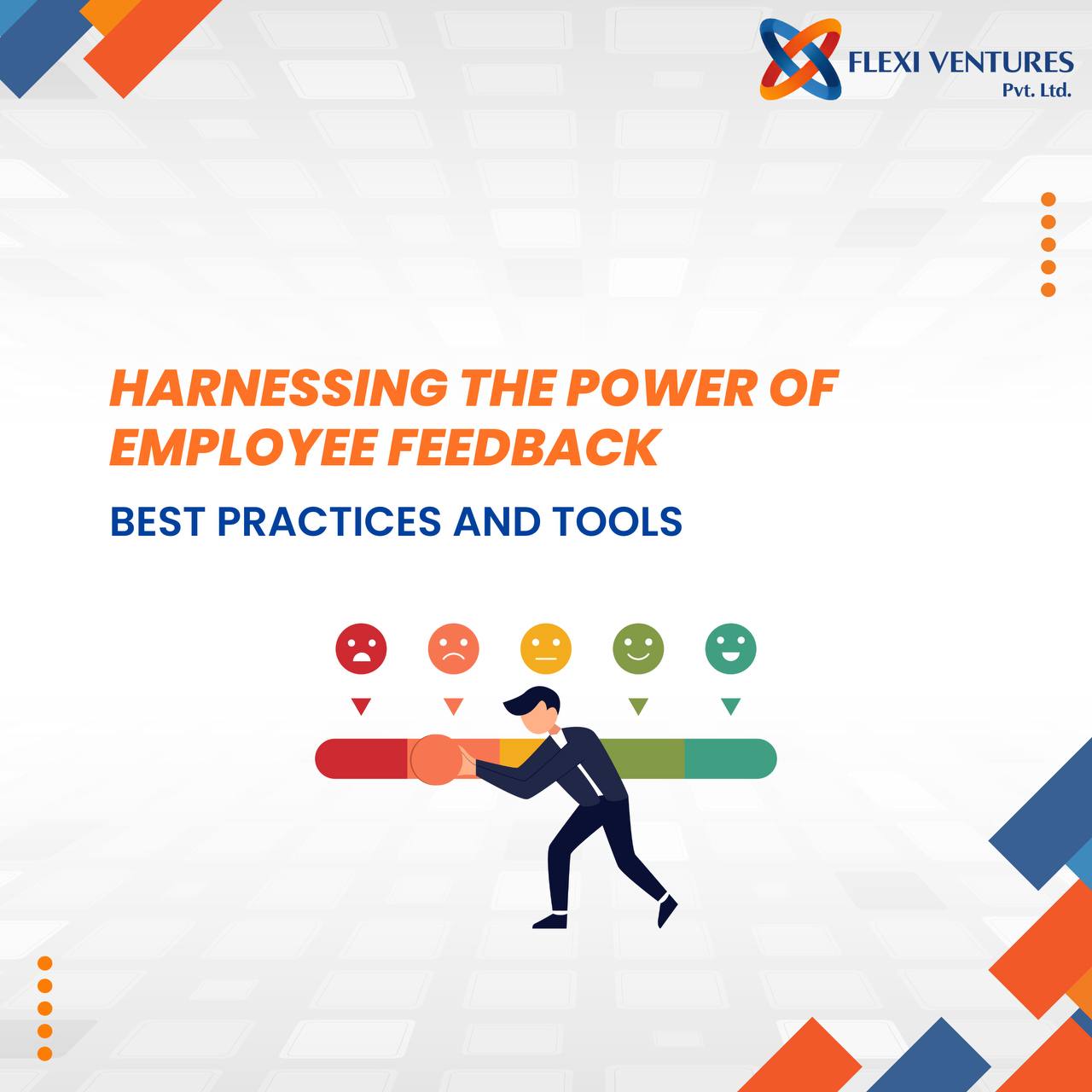Building a culture where feedback thrives isn’t just beneficial; Creating a feedback-friendly culture isn’t just beneficial; it’s like adding rocket fuel to your company’s growth engine. Feedback provides a direct line to the brilliant ideas and honest opinions of your team members.
But, getting there isn’t as simple as declaring an open-door policy. It’s about crafting an environment where feedback is celebrated. Every piece of advice becomes a building block for something bigger.
So, how do you turn these strongest matches of insights into actionable change? And more importantly, why should you bother?
Let’s explore the magic of a continuous feedback framework that can boost motivation, enhance engagement, and guide your company toward success.
Understanding the Power of Employee Feedback
Receiving open and honest feedback from employees allows companies to understand their strengths and areas for improvement at both organizational and individual levels. Whether you have an entrepreneurial startup or a mature corporation, feedback is crucial. 68% of respondents in a McKinsey survey reported that ongoing coaching and developmental feedback positively affect individual performance. However, only 14.5% of managers strongly agree that they are effective at giving feedback.
Implementing regular employee surveys, for example, provides valuable insights into how staff view policies, leadership, work culture, facilities, and other aspects that impact performance and satisfaction. Analyzing this feedback helps identify what works well and should be continued and what needs to change to better support employees.
Specifically, employee surveys and other feedback channels like focus groups, interviews, or suggestion boxes allow employees to share their perspectives. This approach helps gather constructive criticism and negative feedback in a controlled and productive manner.
Proactively Addressing Issues Through Feedback
Enabling a feedback culture helps surface problems early before they escalate. Issues like inadequate training, lack of role clarity, micromanagement, poor communication, or weak teamwork can affect individual productivity and team cohesion. Rather than waiting for negative reviews on Glassdoor, addressing these concerns beforehand is essential.
By listening to employee concerns, companies can diagnose issues and implement targeted solutions, preventing small problems from festering into larger challenges.
Additionally, feedback facilitates clear communication of employee wants and needs. Understanding staff priorities for professional development, work-life balance, compensation, and growth opportunities allows companies to create talent management and retention programs that align with these desires.
Employees who feel heard through feedback experience greater job satisfaction. This motivates them to develop new skills and improve performance, especially when companies close the feedback loop by communicating how employee perspectives shape meaningful changes.
Building a Feedback-Friendly Culture
To cultivate a culture that embraces feedback, prioritizing psychological safety is essential. This creates an environment where everyone can express themselves freely and honestly. Embodying regular feedback mechanisms, such as surveys, performance evaluations, and more informal methods, helps gather divergent insights into the employee experience. Here are a few strategies to achieve this:
- Use Surveys
- Strategize performance evaluations
- Run focus groups
- Facilitate 360 evaluations
- Set up idea boxes
The Role of Employee Feedback in Improving Employee Recognition
Employee feedback plays an important role in grasping and appreciating employees’ efforts within an organization. Studies show that 41% of employees have left their jobs because they felt unheard.
Actively seeking employee input about their experiences, achievements, and challenges provides valuable insights into their contributions and strengths. This feedback forms the foundation for personalized recognition efforts, allowing managers to acknowledge employees in ways that resonate with their unique contributions.
Incorporating employee feedback into recognition programs, whether through public praise, rewards, or growth opportunities, fosters a culture of appreciation and motivates sustained high performance. When employees feel heard and valued, they are more likely to remain engaged, productive, and committed to the organization’s success. Integrating employee feedback into recognition initiatives is beneficial for morale and crucial for driving long-term employee satisfaction and retention.
Turning Feedback into Action
To turn feedback into actionable improvements, company leaders should carefully review employee feedback to identify areas for growth. During performance reviews or feedback sessions, leaders should receive feedback openly and without defensiveness, distinguishing between positive and developmental feedback.
For anonymous feedback from surveys or forms, managers should note trends in constructive criticism and create action plans to address the issues promptly. For example, if multiple employees report that a tool isn’t meeting their needs, work toward a solution without delay.
Fostering a culture where employees feel comfortable giving and receiving feedback creates a positive work environment. This encourages employees to share suggestions and feel heard, aiding retention and continuous improvement.
Feedback should guide training programs, policy updates, recognition initiatives, and performance management. Leaders can also use feedback to improve hiring practices, such as by running surveys to enhance hiring and onboarding processes.
The goal is to establish a feedback loop where employees see their input making an impact. Leaders promote open communication, continual growth, and shared success by taking employee perspectives seriously and implementing suggested improvements.
For more information on HR consulting or support services visit our website
Visit our Website – www.flexiventures.in
Call – 8080100001
Email – contact.us@flexiventures.in

